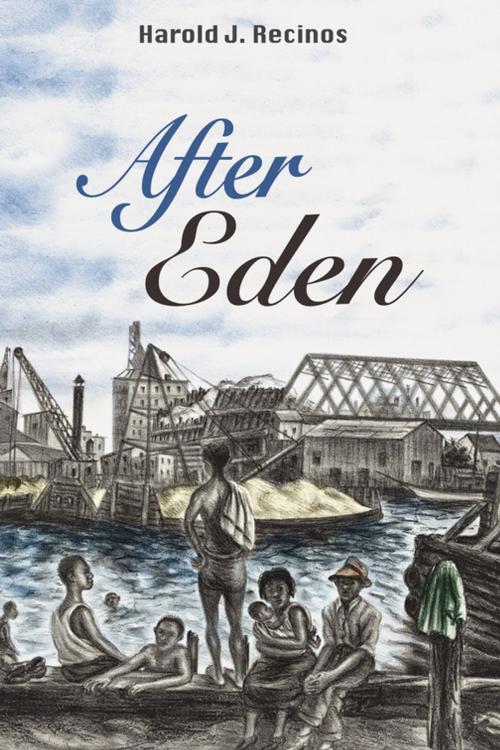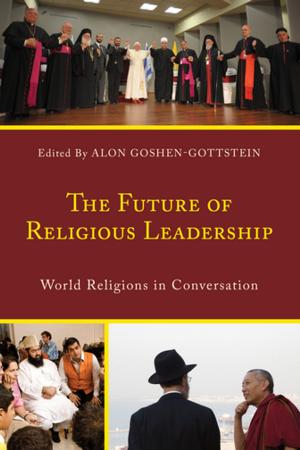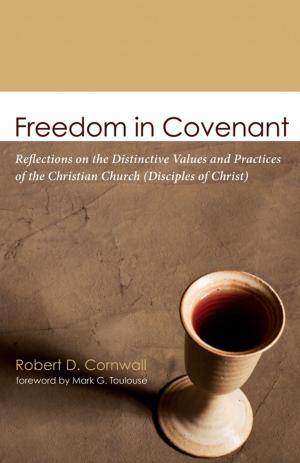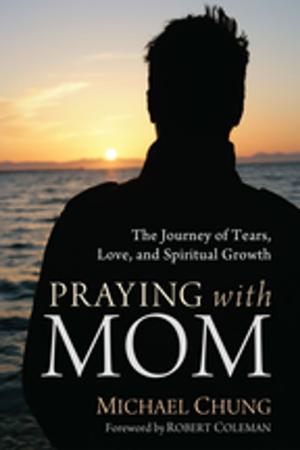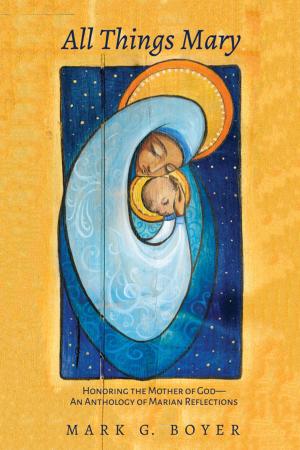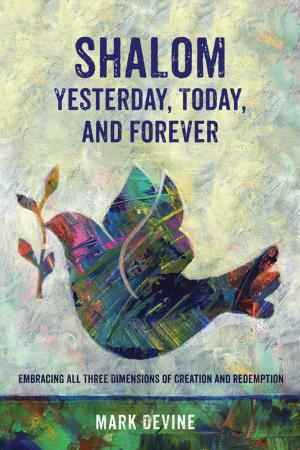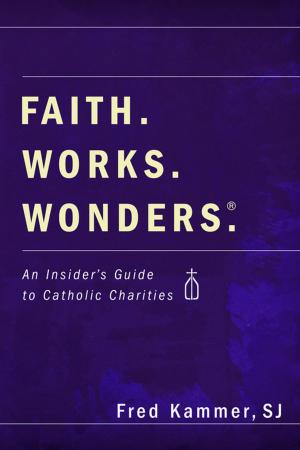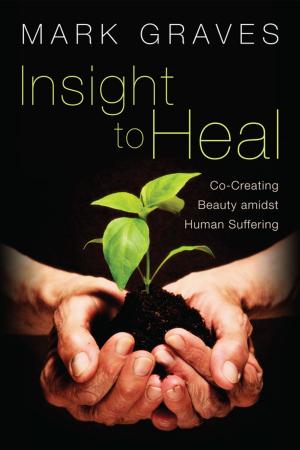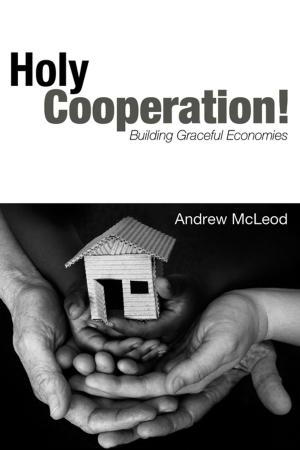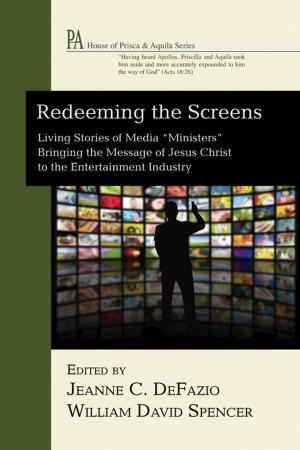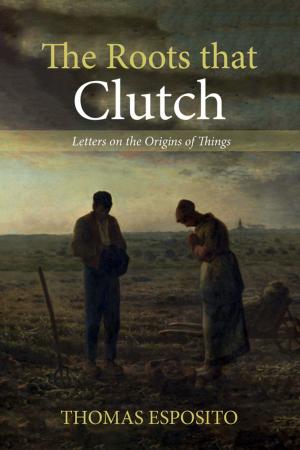After Eden
Fiction & Literature, Poetry, Inspirational & Religious, Nonfiction, Religion & Spirituality, Theology| Author: | Harold J. Recinos | ISBN: | 9781532654640 |
| Publisher: | Wipf and Stock Publishers | Publication: | August 2, 2018 |
| Imprint: | Resource Publications | Language: | English |
| Author: | Harold J. Recinos |
| ISBN: | 9781532654640 |
| Publisher: | Wipf and Stock Publishers |
| Publication: | August 2, 2018 |
| Imprint: | Resource Publications |
| Language: | English |
Recinos discovered a love for poetry living on the streets after being abandoned by immigrant Latino parents. At age sixteen, a White Presbyterian minister made him a part of his family and guided him back to school. Recinos finished high school, attended undergraduate school in Ohio and later graduate school in New York, where he befriended the Nuyorican poet the late Miguel Pinero who encouraged him to write and read poetry at the Nuyorican poets cafe. After Eden registers life at the edges of American society in ways that are both personal and universal in human experience. In this collection, poems address issues of police brutality, gun violence, immigrants' rights, the blighted urban landscape, death, hunger, religious violence, drug addiction, pluralism, spirituality, family life, political corruption, cultural cruelty, struggles for justice, and the pulse of everyday life in overlooked places. The metaphor in the title is reflected in poems that record the sounds of kindness and cruelty, sorrows and joys, greed and generosity, inequality and powerlessness, good and evil, death and life in the context of struggles to live meaningfully awake--consciously--in society.
Recinos discovered a love for poetry living on the streets after being abandoned by immigrant Latino parents. At age sixteen, a White Presbyterian minister made him a part of his family and guided him back to school. Recinos finished high school, attended undergraduate school in Ohio and later graduate school in New York, where he befriended the Nuyorican poet the late Miguel Pinero who encouraged him to write and read poetry at the Nuyorican poets cafe. After Eden registers life at the edges of American society in ways that are both personal and universal in human experience. In this collection, poems address issues of police brutality, gun violence, immigrants' rights, the blighted urban landscape, death, hunger, religious violence, drug addiction, pluralism, spirituality, family life, political corruption, cultural cruelty, struggles for justice, and the pulse of everyday life in overlooked places. The metaphor in the title is reflected in poems that record the sounds of kindness and cruelty, sorrows and joys, greed and generosity, inequality and powerlessness, good and evil, death and life in the context of struggles to live meaningfully awake--consciously--in society.
